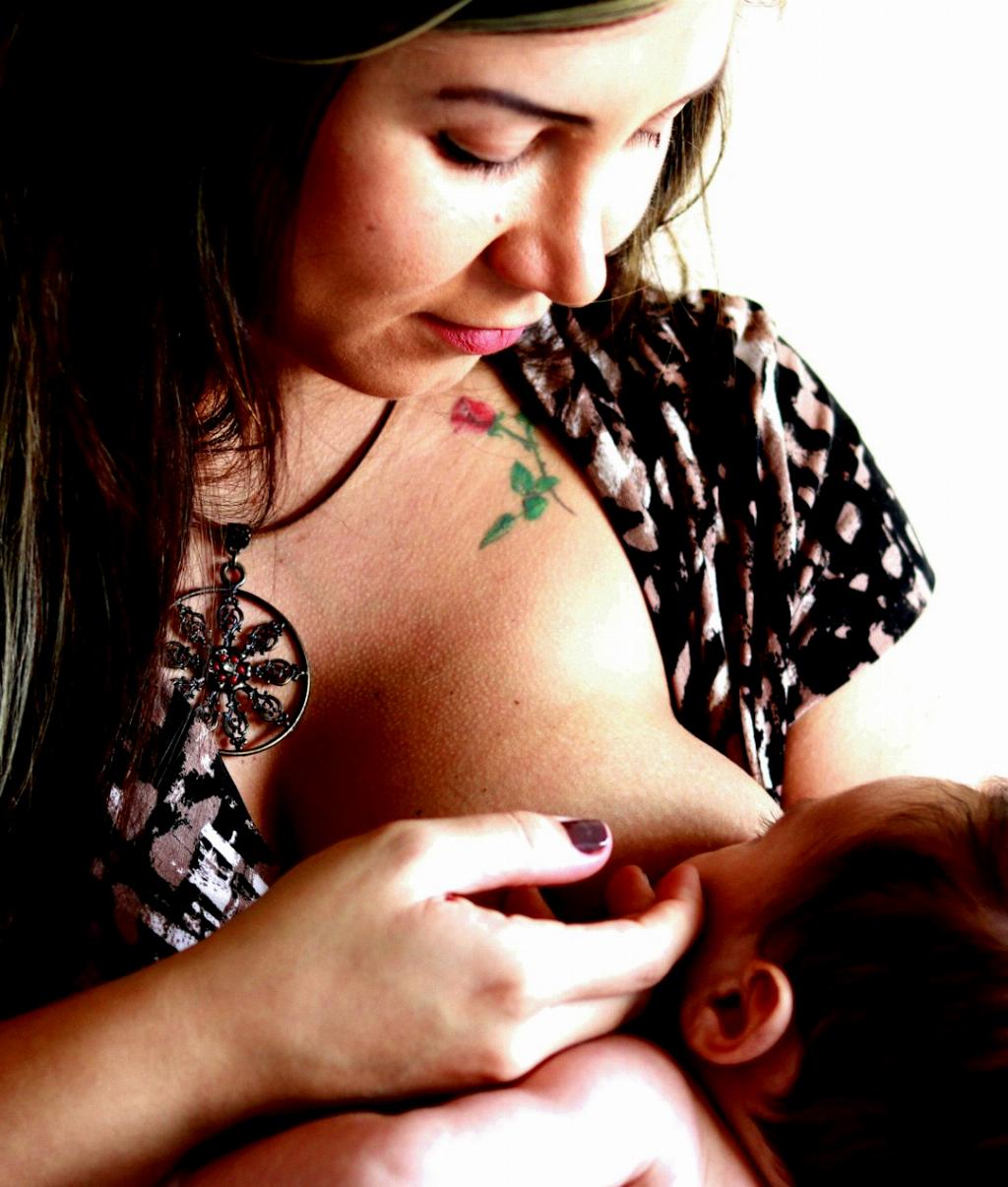When it comes to the average age at which children are weaned from breastfeeding, there are varying practices and beliefs across different cultures and societies. In some traditional societies where natural weaning is embraced, complete weaning typically occurs between the ages of two and four years old.
In contrast, western cultures often exhibit a different perspective on breastfeeding duration, with many mothers feeling societal pressure to wean their children earlier than they might prefer. This discrepancy can lead to what is known as ‘closet nursing,’ where mothers who continue to breastfeed older infants or children may feel the need to hide this practice from others.
It is important to recognize that the decision of when to wean a child from breastfeeding is a highly personal one that should be based on the needs and preferences of both the mother and the child. While some may choose to follow traditional practices and continue breastfeeding until the child is several years old, others may opt for earlier weaning for various reasons.
Factors that can influence the age at which a child is weaned from breastfeeding include cultural norms, societal attitudes towards breastfeeding in public, individual comfort levels, the child’s nutritional needs, and maternal health considerations. It is crucial for mothers to feel supported in their breastfeeding journey and empowered to make the best decisions for themselves and their children.
Research suggests that extended breastfeeding can have a range of benefits for both the child and the mother. Breast milk provides essential nutrients and antibodies that support the child’s immune system and overall health, while the act of breastfeeding can promote bonding and emotional security between the mother and child.
While the World Health Organization recommends exclusive breastfeeding for the first six months of life, followed by continued breastfeeding alongside complementary foods for up to two years or beyond, the decision to wean ultimately rests with the mother and her child. It is essential for mothers to feel empowered to make choices that align with their values and beliefs.
It is worth noting that the age at which a child is weaned from breastfeeding can vary widely among individuals and may not always adhere to societal norms or expectations. Each mother-child dyad is unique, and what works best for one family may not necessarily be the right choice for another.
Ultimately, the average age to wean from breastfeeding is a fluid concept that is contingent on a multitude of factors, including cultural practices, personal preferences, and individual circumstances. By fostering a supportive and non-judgmental environment for breastfeeding mothers, we can empower women to make informed choices that benefit both themselves and their children.
In conclusion, the decision of when to wean from breastfeeding is a deeply personal one that should be guided by the mother’s instincts and the unique needs of her child. By recognizing and respecting the diversity of breastfeeding practices and beliefs, we can cultivate a culture that values and supports mothers in their breastfeeding journey, regardless of the age at which weaning occurs.

